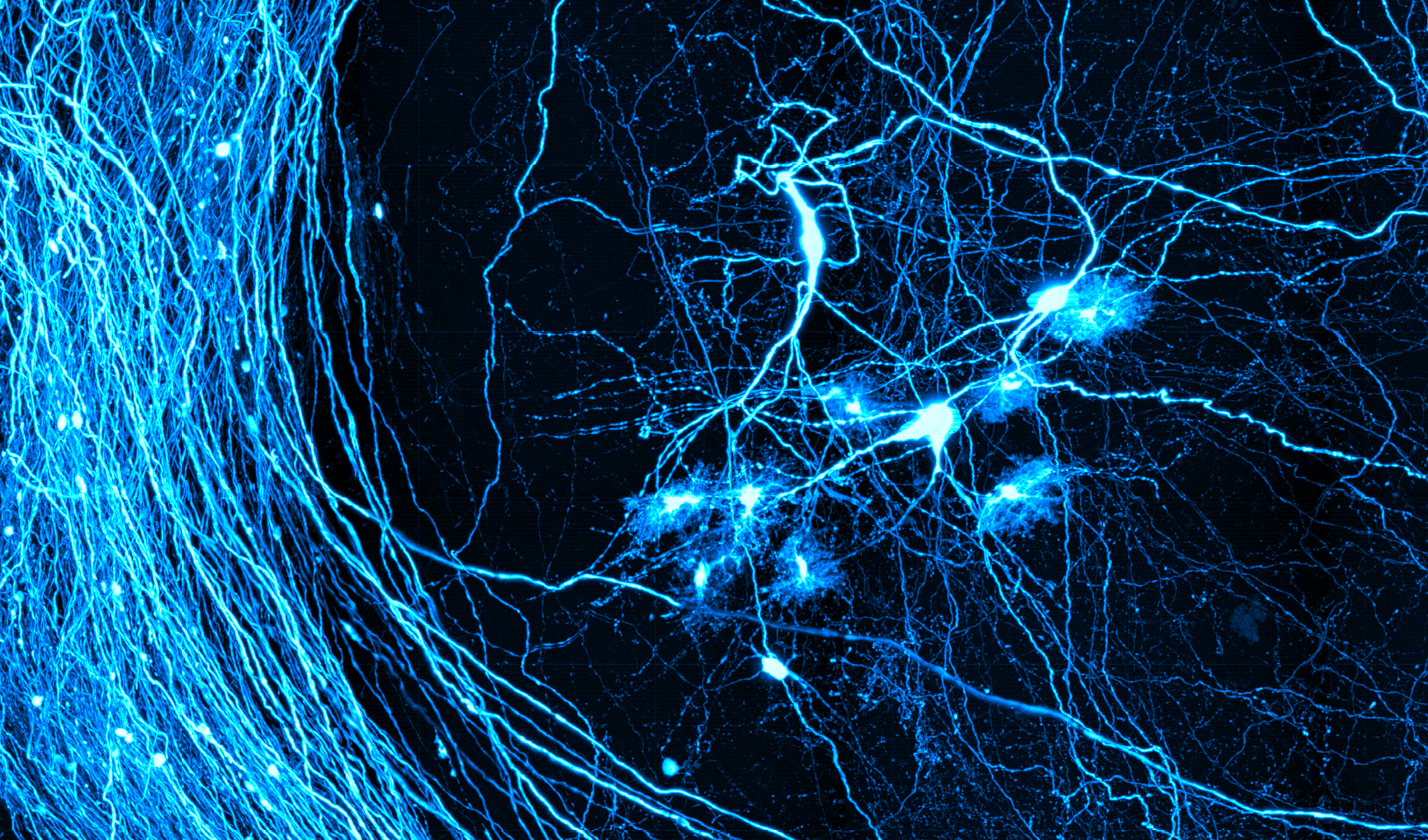fNIRS Inclusion Study
Boston University fNIRS Inclusion Study

SIGN UP HERE
What is this study?
The study uses functional near infrared spectroscopy (fNIRS) to measure brain activity (i.e., blood oxygenation) while individuals are sitting up comfortably and engaging in computerized tasks. For this study we will need to measure your head, take some pictures of your scalp, and use a skin tone device to measure your skin pigmentation. We will then place the lightweight fNIRS cap (similar to a swim cap) with fNIRS optodes on it on your head. We might move your hair around a bit to ensure that we are getting good signal. We will then ask you to do some computerized tasks while wearing the fNIRS cap. fNIRS is non-invasive and does not use any gel.
What is fNIRS?
Functional near infrared spectroscopy (fNIRS) is a non-invasive neuroimaging technique that allows us to study brain activity while individuals are engaged in various tasks. It measures brain activity by quantifying the amount of light that is absorbed during task performance. The equipment looks similar to EEG but does not use any gel.
Why are we looking for people with different skin and hair types?
Some researchers believe that skin pigmentation reduces the efficacy of the fNIRS signal. Hair type, color, and volume may also affect the absorption of light and therefore the quality of the hemodynamic signal. These claims lack evidence, though, and can result in the exclusion of individuals with dark skin and dark and curly hair. We are conducting this study to understand whether skin and hair properties influence the fNIRS signal in order to make fNIRS more inclusive.
How can I help to make fNIRS more inclusive?
Sign up to participate for our study here and tell your friends and family about our study.
Will I be compensated?
Participants receive $25/hour. Additionally, participants might be eligible for a bonus (up to $10). We also provide free parking or up to $20 for transportation.
How long does the study last?
On average, the study takes about 1.5 hours, but depending on the person it could take anywhere between 1-3 hours.
Where does this study take place?
The study takes place at Boston University’s Center for Integrated Life Sciences and Engineering, 610 Commonwealth Avenue, Boston, MA 02215.
Are there risks to participating in this study?
There are no known risks to participating in this study. fNIRS is a safe and non-invasive neuroimaging technique.
Am I eligible?
Complete this survey and we will reach out to you. Or you can contact Parisa at parisah@bu.edu to find out more.
How do I participate?
Sign up here , or contact Parisa at parisah@bu.edu to participate.
Still have more questions?
Feel free to reach out to us at parisah@bu.edu for more information about our study.
Key Researchers: De’Ja Rogers, BU; Jessie Anderson, BU; Parya Farzam, BU; David Boas, BU; Meryem Ayşe Yücel, BU
Summary: Functional Near Infrared Spectroscopy (fNIRS) is a recent, non-invasive optical imaging device that measures the changes in the oxygen levels in blood flow in the brain. To improve upon the technology, we aim to investigate and quantify the correlation between hair metrics and the quality of the hemodynamic signal extracted.
Publication: TBD
Funding: Facebook
